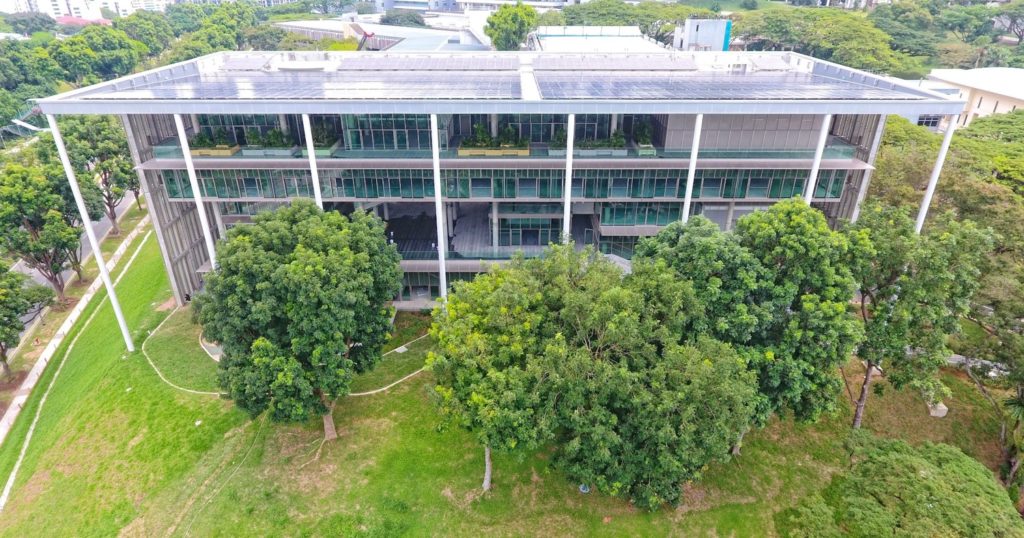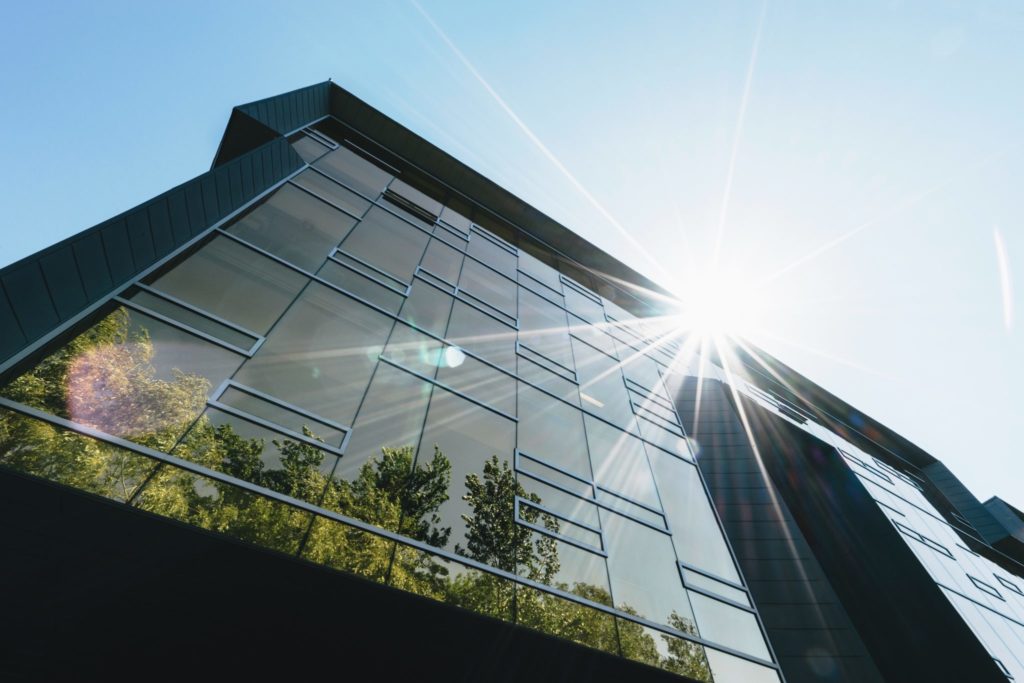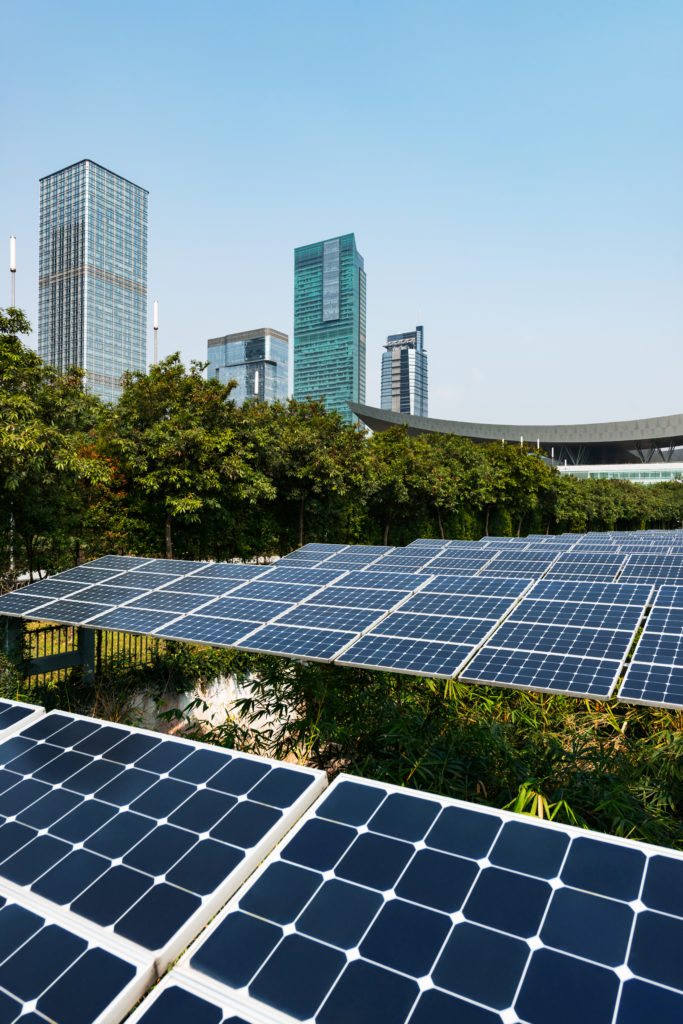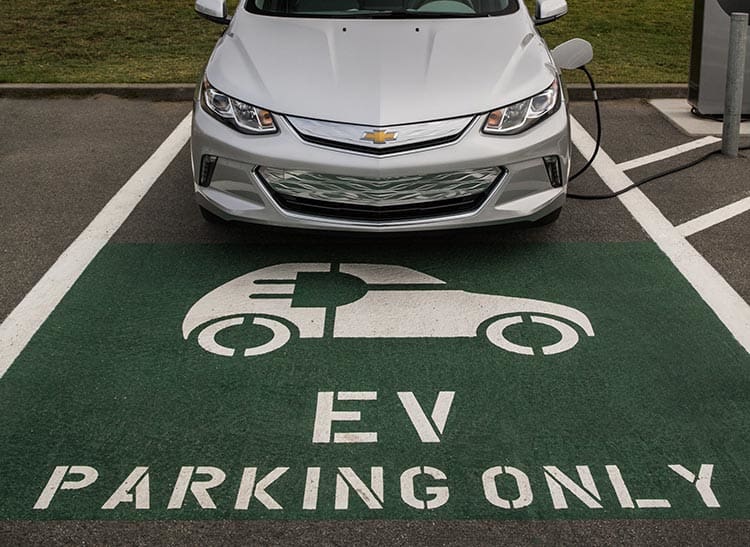WELL Building Standard a healthier built environment
The WELL Building Standard has been applied to more than 30,000 projects across 98 countries. WELL is seen as a tool for advancing health and well-being in buildings globally. At its core, WELL is a green building standard that puts health first.

What does WELL measure?
The requirements for WELL look at how buildings impact humans’ health and well-being through water, air, light, comfort, nourishment, mind, and fitness. The basis of WELL is extensive and in-depth medical research that establishes that there is a direct relationship between the health and wellness of building occupants to their environment. These built environments lead to things like better sleep and mental health. Sounds like a no-brainer right?
Why aren’t all built environments WELL certified?
WELL is more than a certification. The health of building occupants is at its core. The tools that WELL offers measure 108 features and 10 concepts so it can be very difficult to navigate. International WELL Building Institute (IWBI), a public benefit corporation, manages and administers WELL. The Green Business Certification Institute (GBCI), which also administers the LEED professional credentialing and certification programs, provides certification for the WELL Building Standard. As a result, it is a long and rigorous process requiring knowledge of both design and construction.
How We Help
At ID360, we work with you to identify, integrate, and execute viable building design strategies into your new or existing structures. Plus, we find synergies between other rating systems to apply to your project and the various phases of verification. Our experts support you from idea to construction through to building occupancy. We also help prepare and organize documents to submit for WELL certification. To have a healthy built environment is well worth it!
Contact us about our WELL Building Services.


